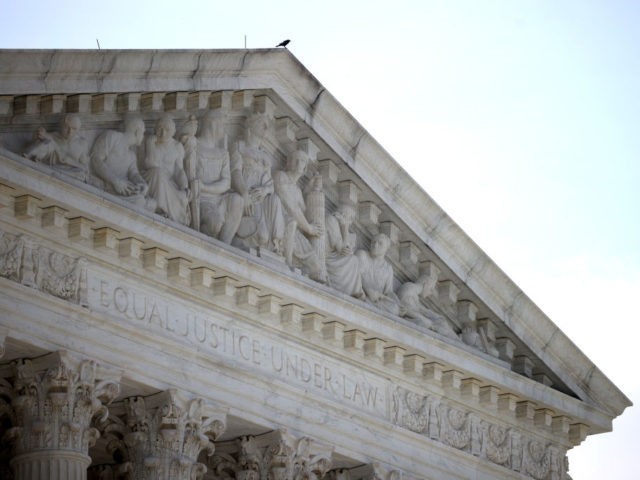The Supreme Court on Wednesday struck down a California regulation forcing agricultural owners to allow union organizers to operate on private land, holding the regulation is an unconstitutional right to “physically invade” private property without compensation.
California regulations grant labor organizations the right to enter private, agricultural property to encourage workers to unionize and conduct their activities for up to three hours per day, 120 days per year. Under the California Agricultural Labor Relations Act of 1975, agricultural workers have the right to unionize and their employers may not interfere in that process.
Cedar Point Nursery, a strawberry grower in the state, “employs over 400 seasonal workers and around 100 full-time workers, none of whom live on the property,” per the Court. Union organizers attempted to find support on the property among Cedar Point’s employees and temporarily halted operations in the process.
Chief Justice John Roberts described their activities, saying, “Calling through bullhorns, the organizers disturbed operations, causing some workers to join the organizers in a protest and others to leave the worksite altogether.”
In a 6-3 ruling, the Court held that the state regulation imposed an excessive use restriction on the property owner and consequentially was a per se physical taking that mandated compensation. Roberts wrote for the majority. Justice Brett Kavanaugh wrote a concurring opinion, while Justices Stephen Breyer, Sonia Sotomayor, and Elena Kagan dissented.
“The access regulation appropriates a right to invade the growers’ property and therefore constitutes a per se physical taking,” the Court held.
The Takings Clause of the Fifth Amendment provides: “[n]or shall private property be taken for public use, without just compensation.”
The chief justice went on to assert that overbearing restrictions on one’s use of private property can legally amount to a seizure via alternate means, writing that “[o]ur cases have often described use restrictions that go ‘too far’ as ‘regulatory takings.'”
The majority continued:
The upshot of this line of precedent is that government authorized invasions of property — whether by plane, boat, cable, or beachcomber — are physical takings requiring just compensation. As in those cases, the government here has appropriated a right of access to the growers’ property, allowing union organizers to traverse it at will for three hours a day, 120 days a year. The regulation appropriates a right to physically invade the growers’ property — to literally “take access,” as the regulation provides.
In his dissent, Breyer highlighted the temporary nature of the organizers’ activities and asserted the Court’s holding would render nearly every government-authorized invasion an “appropriation”:
The Court holds that the provision’s “access to organizers” requirement amounts to a physical appropriation of property. In its view, virtually every government-authorized invasion is an “appropriation.” But this regulation does not “appropriate” anything; it regulates the employers’ right to exclude others. At the same time, our prior cases make clear that the regulation before us allows only a temporary invasion of a landowner’s property and that this kind of temporary invasion amounts to a taking only if it goes “too far.”
Breyer’s emphasis of the “right to exclude others” as the point of regulation did not resonate with the majority which explicitly addressed the matter, holding instead that “the right to exclude is ‘one of the most treasured’ rights of property ownership.”
The case is Cedar Point Nursery v. Hassid, No. 20-107 in the Supreme Court of the United States.

COMMENTS
Please let us know if you're having issues with commenting.